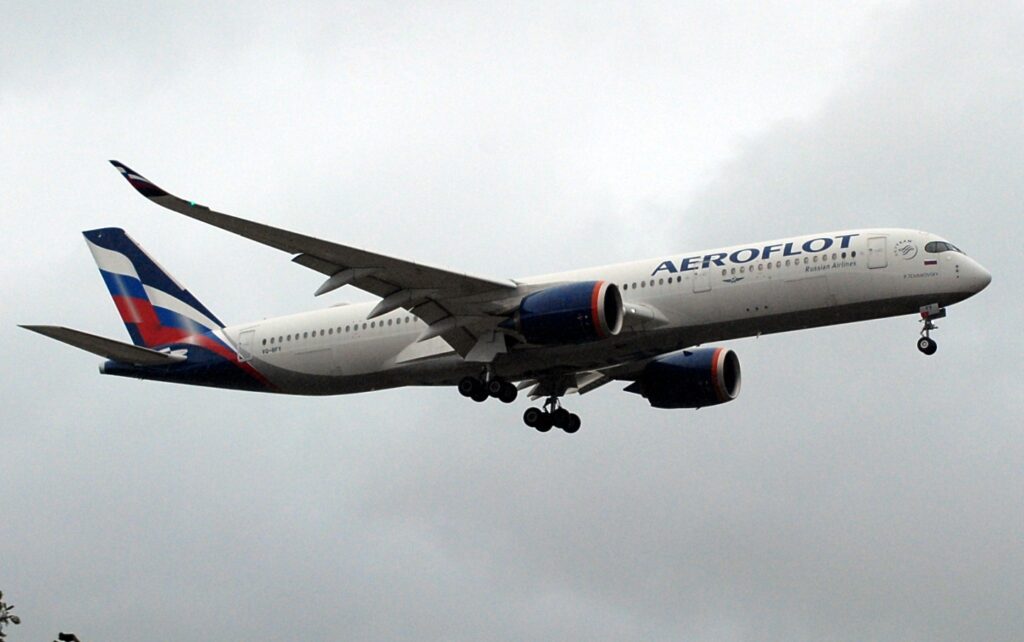In recent news, the Russian flag carrier, Aeroflot is collaborating with the Russian Transport Ministry to legalize overbooking and wet leasing of aircraft.
According to Aeroflot’s CEO, Sergei Aleksandrovsky, the two parties are currently actively “working on draft regulations.”
The CEO highlighted the advantages of these initiatives, particularly for low-cost carrier Pobeda. At the Eastern Economic Forum this week, Aleksandrovsky stated that “a law on overbooking” would allow airlines to “come out of the grey zone.”
Optimizing seat occupancy
The CEO gave an example that overbooking sometimes occurs “when there is a forced replacement of aircraft – when a smaller capacity plane has to be used for technical reasons. However, the rights of passengers remain unprotected.”
The CEO plans to simplify and add clarity to this issue by being “in favor of everyone finally playing by the same rules – and the rules being comprehensible to passengers”.
[monsterinsights_popular_posts_inline]
He went on to say: “By no means are we talking about infringing their rights – on the contrary, by increasing profitability, airlines will be able to make flights more affordable,”
Aleksandrovsky sees overbooking as a “simple tool for airlines” to optimize seat occupancy based on “historical data” and the “percentage of no-show passengers”. It can be particularly useful for high-frequency flights such as Moscow to St Petersberg for example.
By implementing overbooking regulations, Aeroflot hopes to protect passenger rights while enhancing the affordability of air travel.
Regulatory framework for wet leasing
In addition to legalizing overbooking, Aeroflot is also focusing on the regulatory framework for wet leasing. This arrangement allows Aeroflot to obtain aircraft and crew from internal and external carriers.
The CEO explained that once the regulatory framework is adopted, “Aeroflot will be able to transfer aircraft within the group or bring in additional carrying capacity from outside.”
He added, “If some airline does not need aircraft in the low season, then we will be able to take the capacity for our network and vice versa,”
As stated in the new plans, Aeroflot will be able to transfer aircraft within its group or bring in additional capacity from external sources when needed.
This approach ensures efficient resource allocation and provides Aeroflot with needed flexibility when managing its fleet and increasing carrying capacity on demanded routes.
Aeroflot’s collaboration with the Transport Ministry could be viewed as controversial by some, especially to those who have fallen victim to overbooking issues.
However, it appears Aeroflot remains steadfast in its commitment to improving the aviation industry while prioritizing passenger experience and affordability.

Click the banner to subscribe to our weekly newsleter.









